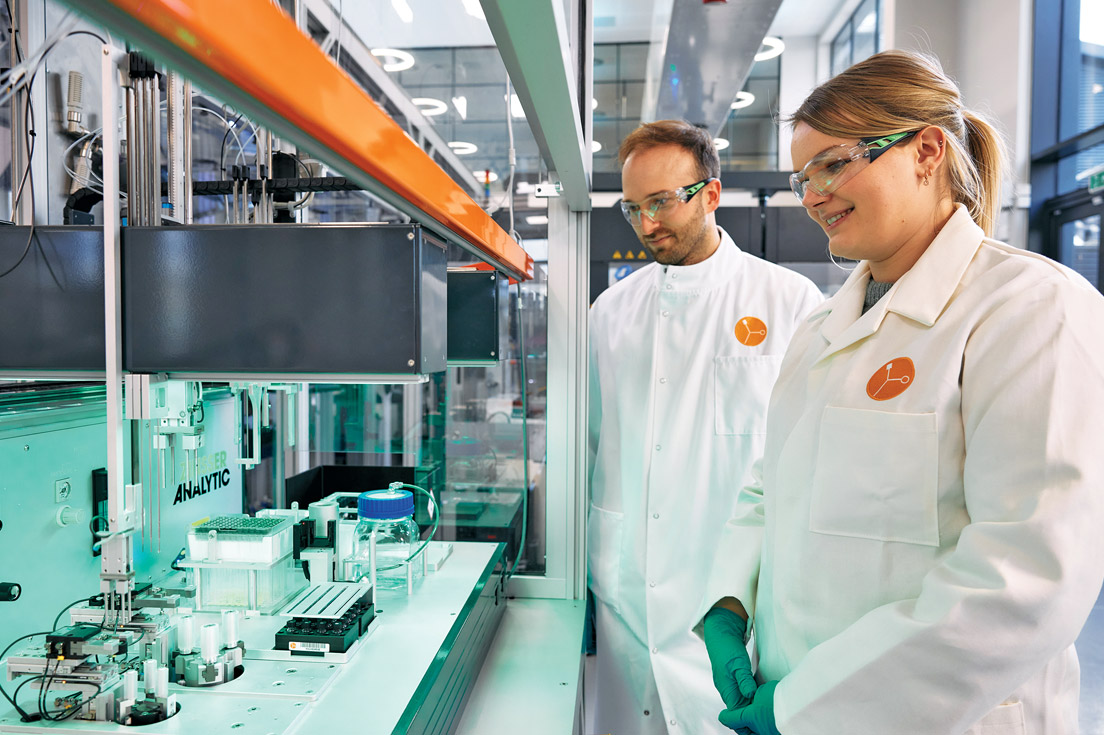Advertisement
Grab your lab coat. Let's get started
Welcome!
Welcome!
Create an account below to get 6 C&EN articles per month, receive newsletters and more - all free.
It seems this is your first time logging in online. Please enter the following information to continue.
As an ACS member you automatically get access to this site. All we need is few more details to create your reading experience.
Not you? Sign in with a different account.
Not you? Sign in with a different account.
ERROR 1
ERROR 1
ERROR 2
ERROR 2
ERROR 2
ERROR 2
ERROR 2
Password and Confirm password must match.
If you have an ACS member number, please enter it here so we can link this account to your membership. (optional)
ERROR 2
ACS values your privacy. By submitting your information, you are gaining access to C&EN and subscribing to our weekly newsletter. We use the information you provide to make your reading experience better, and we will never sell your data to third party members.
World Chemical Outlook 2024
Biobased Chemicals
Biomanufacturers will pursue small projects to weather the economic storm
High-value chemicals will be more attractive than large-volume commodities
by Matt Blois
January 19, 2024
| A version of this story appeared in
Volume 102, Issue 2

As high interest rates and fears of an economic slowdown make investors reluctant to finance expensive projects, companies will have difficulty building large facilities that use microbes to convert sugar to chemicals, ingredients, and other products. Instead, industry leaders expect biomanufacturers to focus on small projects until it’s easier to raise money.
Takeaways
➡ Industrial biotechnology investors are wary of expensive projects with long timelines.
➡ Investors are pushing for stringent conditions before backing companies.
➡ Biomanufacturing firms will likely pursue high-value chemicals with small markets.
Brentan Alexander, chief investment officer for the biotechnology financing firm Synonym, says biomanufacturing investors have recently been seeking stringent conditions before funding a company, such as concrete commitments from future customers. “People aren’t exactly sure where the economy is going,” he says. “To shake the money tree and have things fall out, you . . . need to have a really compelling growth story.”
Using microbes to make large-volume commodities has the potential to generate huge profits and benefit the climate, Alexander says. But that strategy requires big up-front investments and takes a long time to pay off. In 2024, firms will instead pursue high-value chemicals with small markets, in which it’s easier to compete with petrochemical alternatives. “You can’t burn cash for 30 years,” Alexander says. “You need to build a sustainable business and grow on top of that.”
While start-ups and large firms have commercialized some biobased specialty chemicals, they have struggled to move into commodities. For example, several firms hoped to make large-volume polymers from biobased succinic acid, but many of those projects fizzled. Attempts to commercialize biobased acrylic acid have also stalled.
Advertisement
Sarah Richardson, CEO of MicroByre, a start-up that identifies ways to make biobased products from waste, says the failure to meaningfully break into commodities means biomanufacturing isn’t doing much yet to reduce the planet’s carbon emissions. To make biobased commodities economically competitive, companies will need to use cheap, waste feedstocks instead of sugar, Richardson argues, though she doesn’t expect that shift anytime soon. “What we have is the same tech stack over and over again,” she says. “Nothing is changing.”






Join the conversation
Contact the reporter
Submit a Letter to the Editor for publication
Engage with us on Twitter